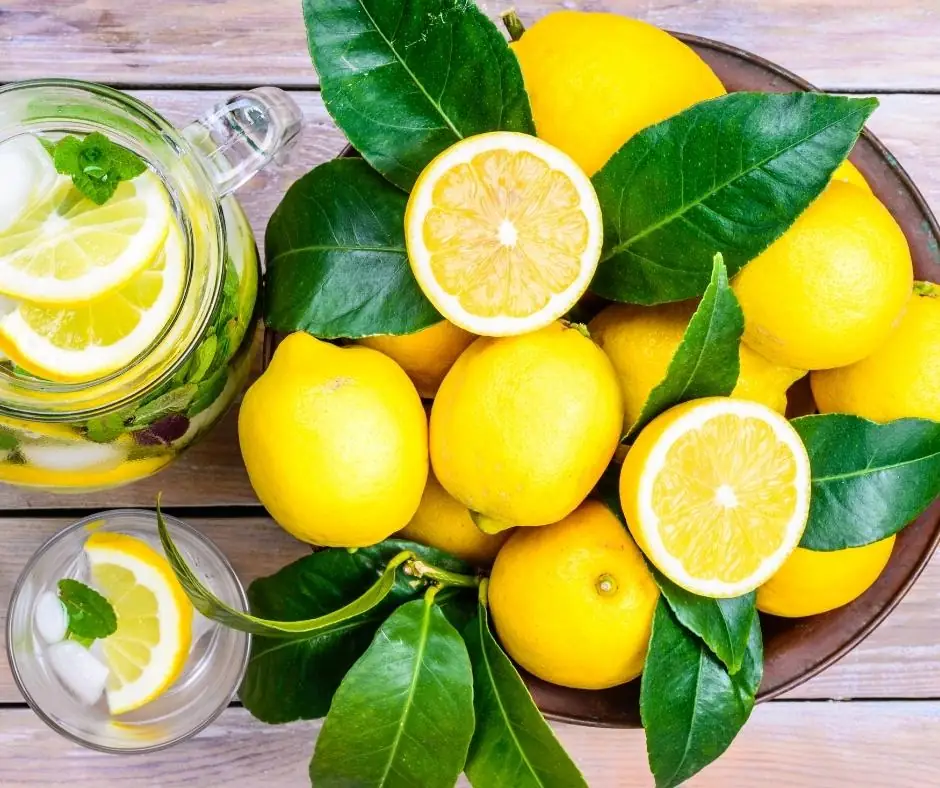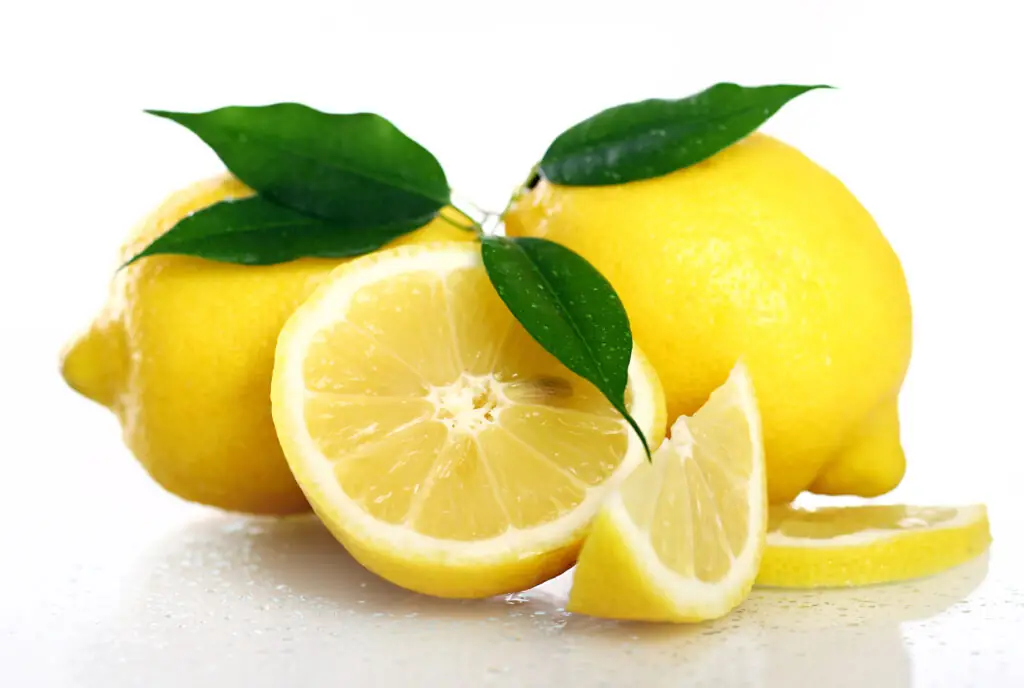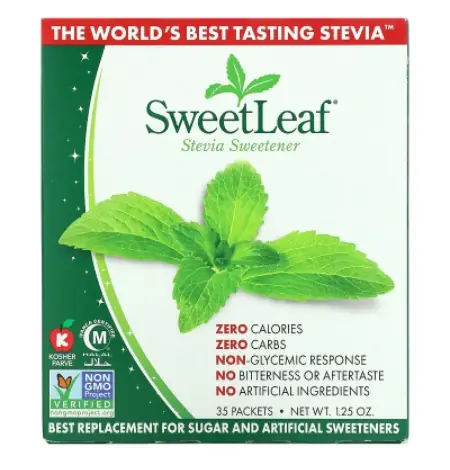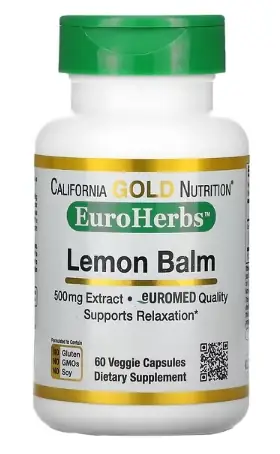What Is Known About the Health Benefits of Lemon Fruit?

Pleasantly sour and wonderfully fragrant, lemons are impossible not to like. What is known about the health benefits of lemon? Should you add lemons to your tea? Can their peel be used for skin masks?
Read on and you will find the answers to all these and numerous other questions.
Nutrition Facts
There are two organic compounds that are abundant in lemons: vitamin C and citric acid.
Vitamin Content
The only vitamin lemons are rich in is vitamin C (ascorbic acid). There are about 64% DV (daily value) of it per 100 grams (3.5 oz) of lemons. While this figure may seem high, such foods as kale, bell pepper, broccoli, kiwifruit, as well as black and red currant are even better sources of ascorbic acid. Thus, even if you prefer vegetables and fruits that are less sour compared to lemons, you can still get all the vitamin C you need.

Ascorbic acid serves several important functions in the body:
- It is a potent antioxidant that effectively protects cells from free radicals;
- It is essential for skin health. Smokers often suffer from skin issues because nicotine depletes vitamin C levels in the body. If for some reason, you still smoke, it is important that you include vitamin C-rich foods like lemons in your diet;
- It can stimulate immunity against all kinds of infections;
- It is essential for normal iron absorption: the body uses iron to bring oxygen to cells.
While lemons also contain B vitamins, their actual quantities are small. To get enough B vitamins, include in your diet such foods as seeds, legumes, eggs, meat, and poultry.
Mineral Content
Lemons are low in dietary minerals: for instance, they only have 5% DV of iron per 100 grams. Use other foods like seeds, nuts, eggs, and beans to get sufficient quantities of minerals.
Caloric and Dietary Fiber Content
Lemons feature a small number of calories: you are extremely unlikely to gain weight if you include them in your daily ration. What’s more, the pulp of the fruit contains measurable quantities of non-digestible dietary fiber that helps you feel full for a longer time. Foods that are rich in dietary fiber are a good choice if you are trying to shed pounds.
What’s more, dietary fiber is a portion of food that beneficial bacteria that live in your intestine thrive on. It also can prevent constipation by making your stool bulkier and heavier.
That said, the juice of the fruit almost totally lacks dietary fiber: to get it, you need to eat whole lemons and not simply squeeze them into your beverages.

Bioactive Compounds
Aside from vitamin C, are lemons good for your health? They are if you also take into consideration the numerous bioactive compounds they contain.
Citric Acid
The juice of the fruit is about 5% citric acid. This organic compound can help bone health and is known to prevent the formation of kidney stones. What’s more, it can be of help to your digestive system, especially if your stomach secretes less gastric acid than necessary.
Hesperidin
Hesperidin is a natural antioxidant that is supposed to slow down atherosclerosis and reduce the risk of cancer.
Diosmin & Eriocitrin
Both these compounds are known to have antioxidant properties. Diosmin is believed to reduce chronic inflammation in your blood vessels.
What Health Benefits Does Lemon Have: an FAQ
In this section you will find the answers to the most common questions about lemons.
What Is Known About the Health Benefits of Drinking Lemon Water?
Some people claim that lemon water is a cure-all for every health issue you might have. Although this is not the case, it can still help your health in several ways.
First and foremost, it is a good way to get some vitamin C which serves numerous functions in the body. Second, such a beverage has a pleasant taste and helps you get hydrated. Third, the citric acid you get from lemon water can slow down the formation of kidney stones and improve digestion (especially in older people whose gastric acid levels have declined a bit).

What Are the Health Benefits of Lemon and Hot Water?
While many people prefer to add lemon juice to hot water, high temperatures can speed up the decomposition of vitamin C, so you might end up getting fewer quantities of it.
What’s more, while some people believe that regular contact with lemon water (the especially hot one) can damage the enamel of your teeth, others say that if you dilute the juice sufficiently, the risk is minimal. To be on the safe side, it is recommended that you rinse your teeth using pure water after enjoying beverages that feature lemons.
How to Make Lemon Water
All you need to do is squeeze your lemons into a large pitcher and then add water. If you are on the go and don’t need a lot of this beverage, simply squeeze a wedge or two into a cup of water.
If the day is hot, you might want to add some ice to the pitcher and additionally boost the cooling effect by using a few sprigs of mint. You can also sweeten the beverage using a small quantity of honey or maple syrup, although non-caloric sweeteners like stevia will be a much better choice for your health.
SweetLeaf, 35 packets by Wisdom Natural

- 35 packets; one packet equals in sweetness 2 teaspoons of sugar
- Nothing but high-quality stevia leaves and pure water are used for the sweetener’s manufacturing
- Non-GMO & allergen-free
What Are the Health Benefits of Lemon & Lime Water?
Limes have a more bitter taste compared to lemons, and some people believe that the reason for this is their higher vitamin content. Unfortunately, that’s not the case: limes contain almost twice as low vitamin C compared to lemons. So, to get a dose of vitamin C that is as high as possible, use lemons, not limes for your beverages.
Then again, if you prefer to have some bitter notes in your drinks and want to boost your digestion, limes can be a worthy addition to lemons.
What Are the Health Benefits of Lemon and Ginger Tea?
This beverage is ideal for colder months as it helps you to:
- Get hydrated — which can be of high importance if you have flu
- Get some antioxidants — from tea (black or green), ginger (gingerol has pronounced antioxidant properties), and lemon (ascorbic acid is a potent antioxidant)
If you suffer from a sore throat, you can sweeten your tea using some honey as it is rich in antimicrobial compounds.
Here is a top-quality ginger powder to use for your teas:
Ground Ginger by California Gold Nutrition

- Dependable brand
- 396 grams (14 oz)
And here is one of the most popular honey that comes from a reputable brand:

- 454 grams (16 oz)
- Raw and unfiltered
- Non-GMO, fair trade, organic
What Are the Health Benefits of Lemon Juice?
Among the benefits of lemon juice are the following:
- high vitamin C content
- high acid content that can help digestion and reduce the risk of kidney stones
- it helps improve the taste of beverages like tea and all kinds of non-alcoholic cocktails
Keep in mind, though, that concentrated juice can be detrimental to the enamel of your teeth, so drinking it undiluted is not a very good idea. Add small quantities of juice to your water, tea, and other drinks.
What Are the Health Benefits of Lemon Extract?
When people talk about lemon extract, chances are they mean extract from the plant called ‘lemon balm’ or ‘Melissa’. The leaves of Melissa have a scent that reminds that of lemons, hence its folk name. Traditional medicine uses Melissa to reduce stress and anxiety and promote relaxation. Although scientific evidence for these claims is insufficient, you might still want to give Melissa extract a try and see for yourself whether it works in your case.
Lemon Balm Extract by California Gold Nutrition

- 60 capsules, 500 mg of extract each
- No GMO
- Well-known brand
What Are the Health Benefits of Lemon Peel Applied on the Skin?
The peel of the fruit is traditionally used for cleansing and lightening the skin, removing dead and dry cells, improving symptoms of acne, stimulating new skin growth, smoothing out wrinkles, as well as bleaching, and clarifying brown and age spots.
The easiest possible way to use the peel for a bleaching mask is to thoroughly grind your peels using a blender or food processor and add some clean water to them to get a thick paste. Apply the paste over the problem spots and let it stay for about an hour. If your skin is dry, you might prefer to mix the ground skin with small quantities of yogurt instead of water.
Is Allergy to Lemons Common?
Only a small number of people suffer from an allergy to lemons. In some rare examples, there is hypersensitivity to the skin of citrus fruits, especially in people with dermatitis.
Now you know what is known about the health benefits of lemon. Rich in vitamin C and good for digestion, lemons are a worthy addition to your daily ration. It is important, though, that you have a balanced diet and get enough vitamins and minerals from all kinds of fruits, vegetables, and nuts.